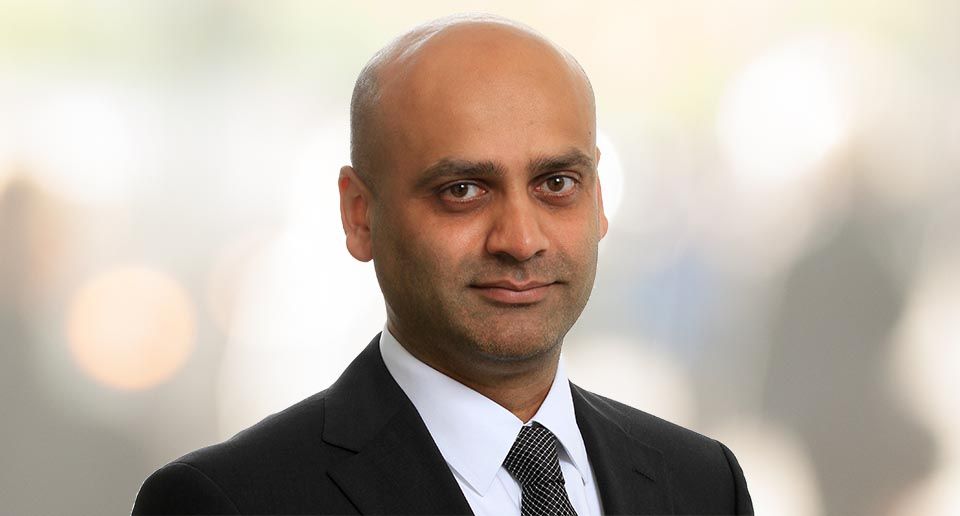The market for initial public offerings (IPOs) was hot in 2020, with 2400 equity listings globally, an increase of more than 60% from the previous year. The most popular IPOs available to retail investors included renewable energy and infrastructure investment trusts, which raised nearly £15bn in total via IPOs and secondary issuances in 2022.
The main issue with IPOs for ESG investors is the absence of detailed information on metrics fully disclosed by well-established listed companies. This asymmetrical flow of information can be a handicap for all potential investors, but more so for ESG investors, who are focused beyond the usual financial data.
Often companies new to the market have no framework for collecting, analysing, auditing and reporting to potential ESG shareholders. This is particularly true for businesses that are young or have not been spun out from existing listed businesses. For the latter, a strong example would the spin out of the consumer arm of GlaxoSmithKline, which is due in 2022. Investors will have a very strong ESG narrative to digest with this transaction, but the same cannot be said of most new businesses coming to public markets.
Another concern is, naturally, the sustainability of business models. One high-profile example in 2021 was the £5bn listing of Deliveroo, which has endured a torrid time since coming to the market, with investors including EdenTree voicing their concerns and declining to invest in the offering. Deliveroo’s business model is built mainly on the commodification of employees with a ‘race to the bottom’ philosophy that will always be at odds with a sustainable business model.
One year on since its listing, Deliveroo’s is among the worst major IPOs on record in the UK. The shares slumped by more than a quarter on the first day of trading and remain over 70% below the float price as at the end of April 2022.
See also: – VC firms missing a trick for ESG drive in start-ups
On the other hand, investing early has its advantages of spotting opportunities and being able to shape businesses. For example, the management of Hotel Chocolat, a luxury confectioner that listed in 2016, reached out to the EdenTree responsible investment team at the time of listing to engage on how it could improve the supply chain and the ESG narrative.








